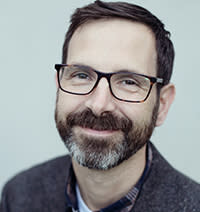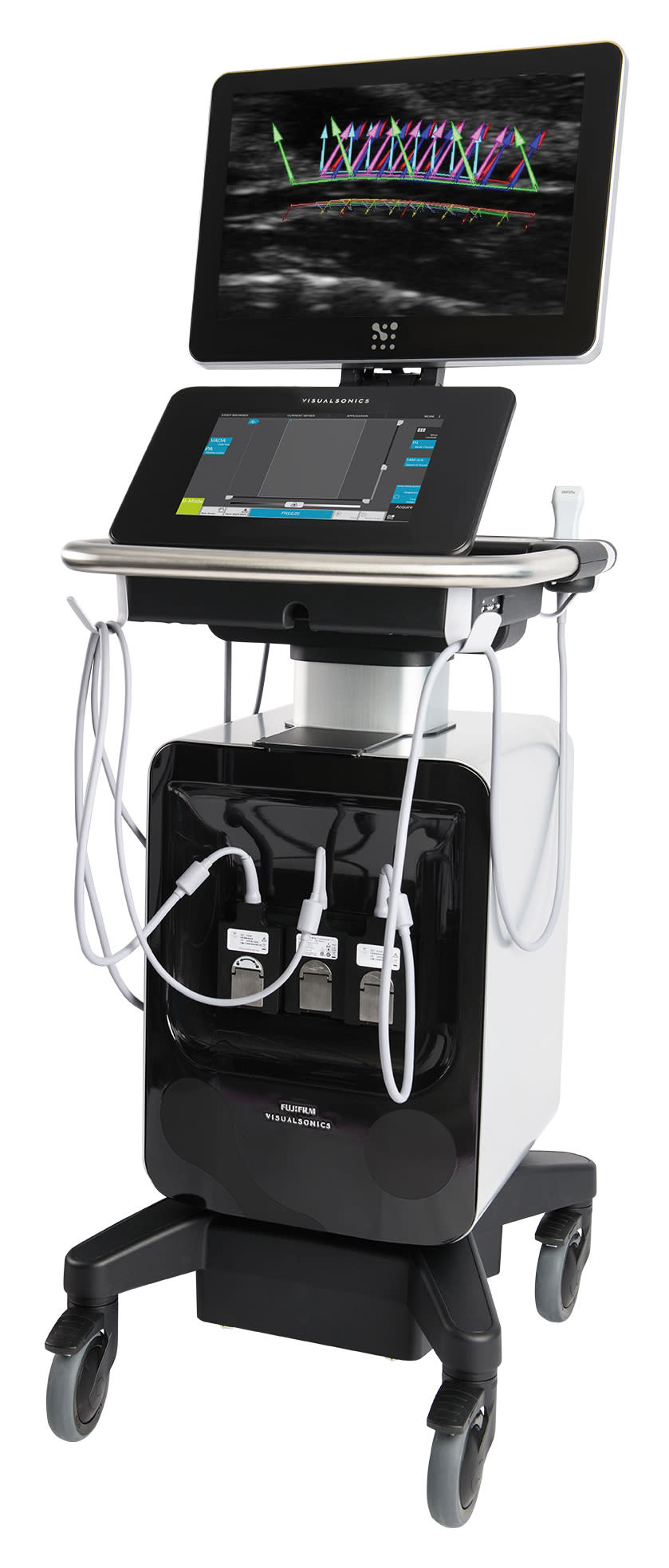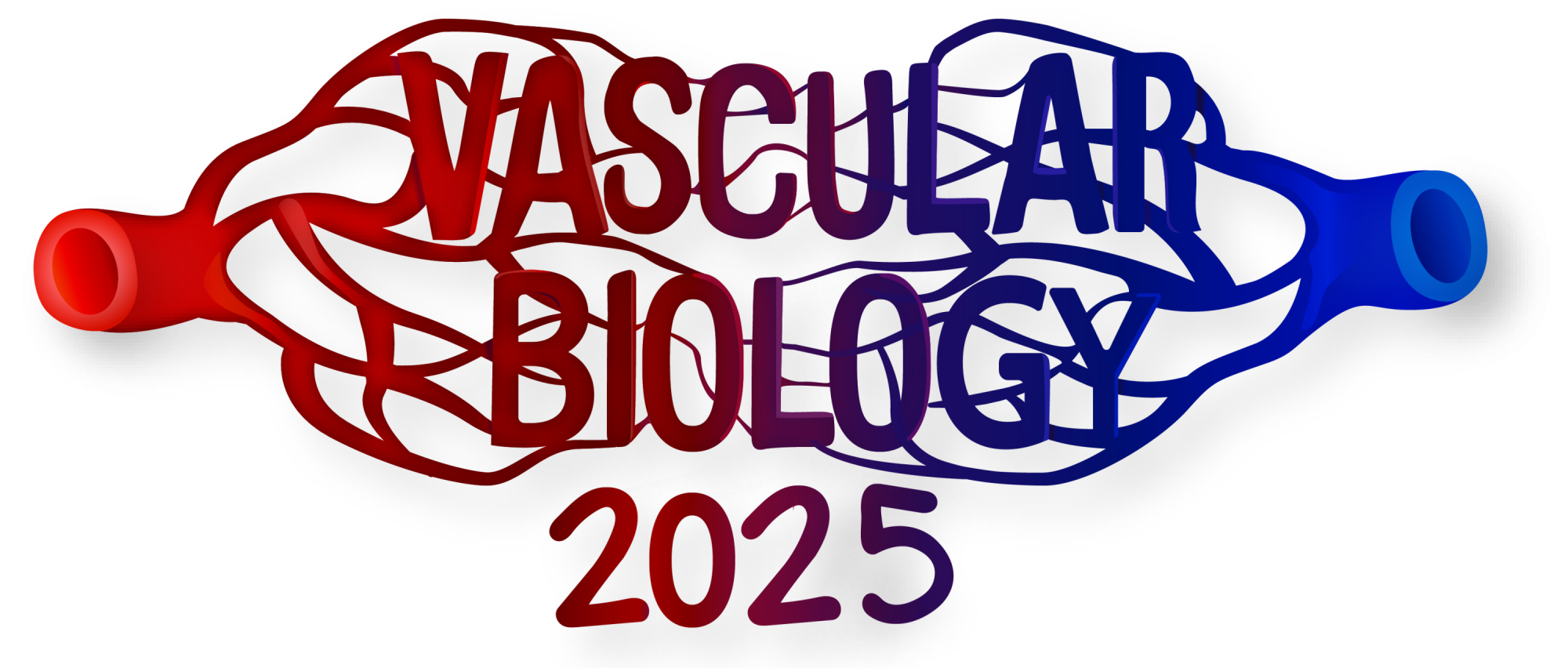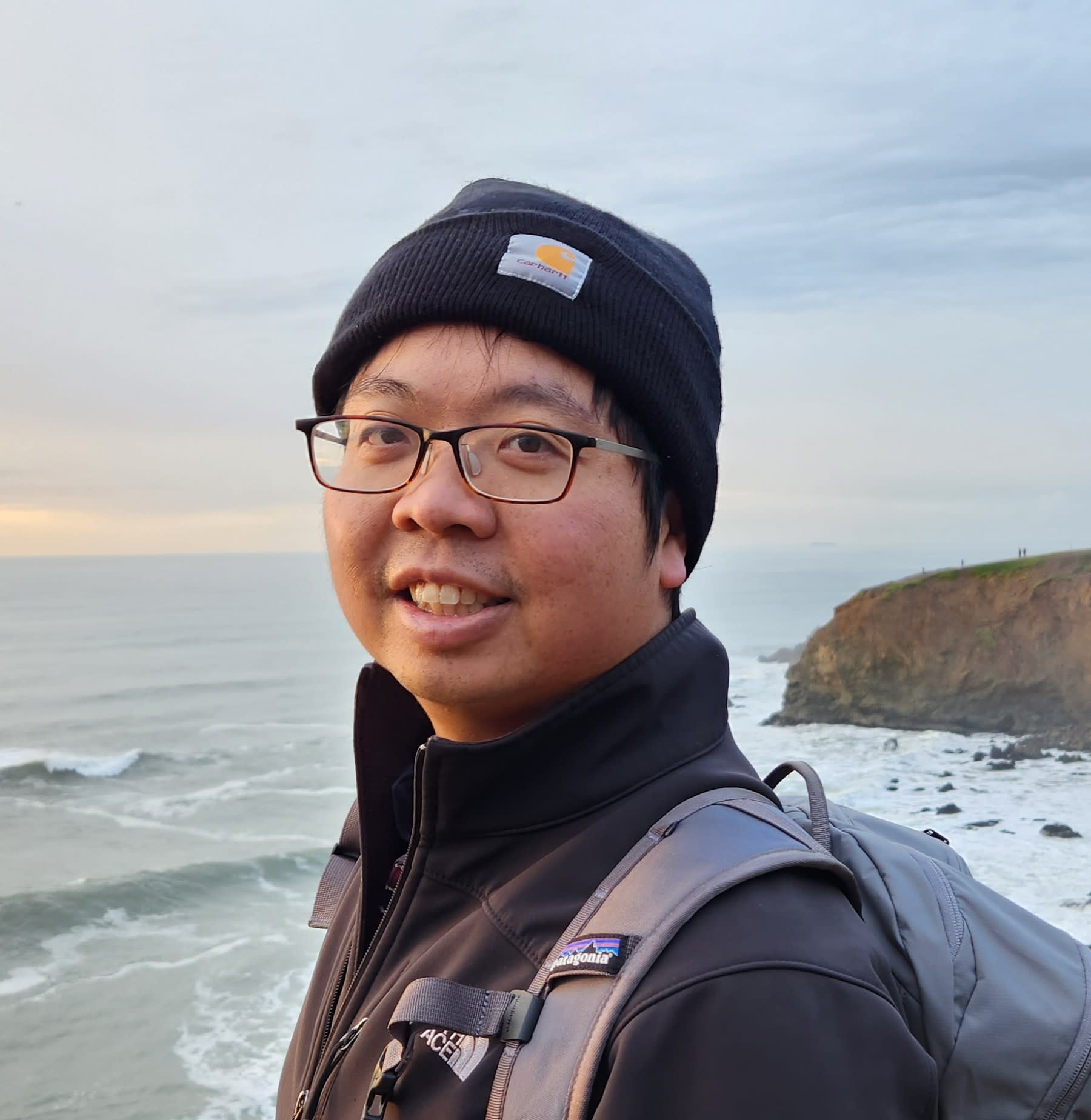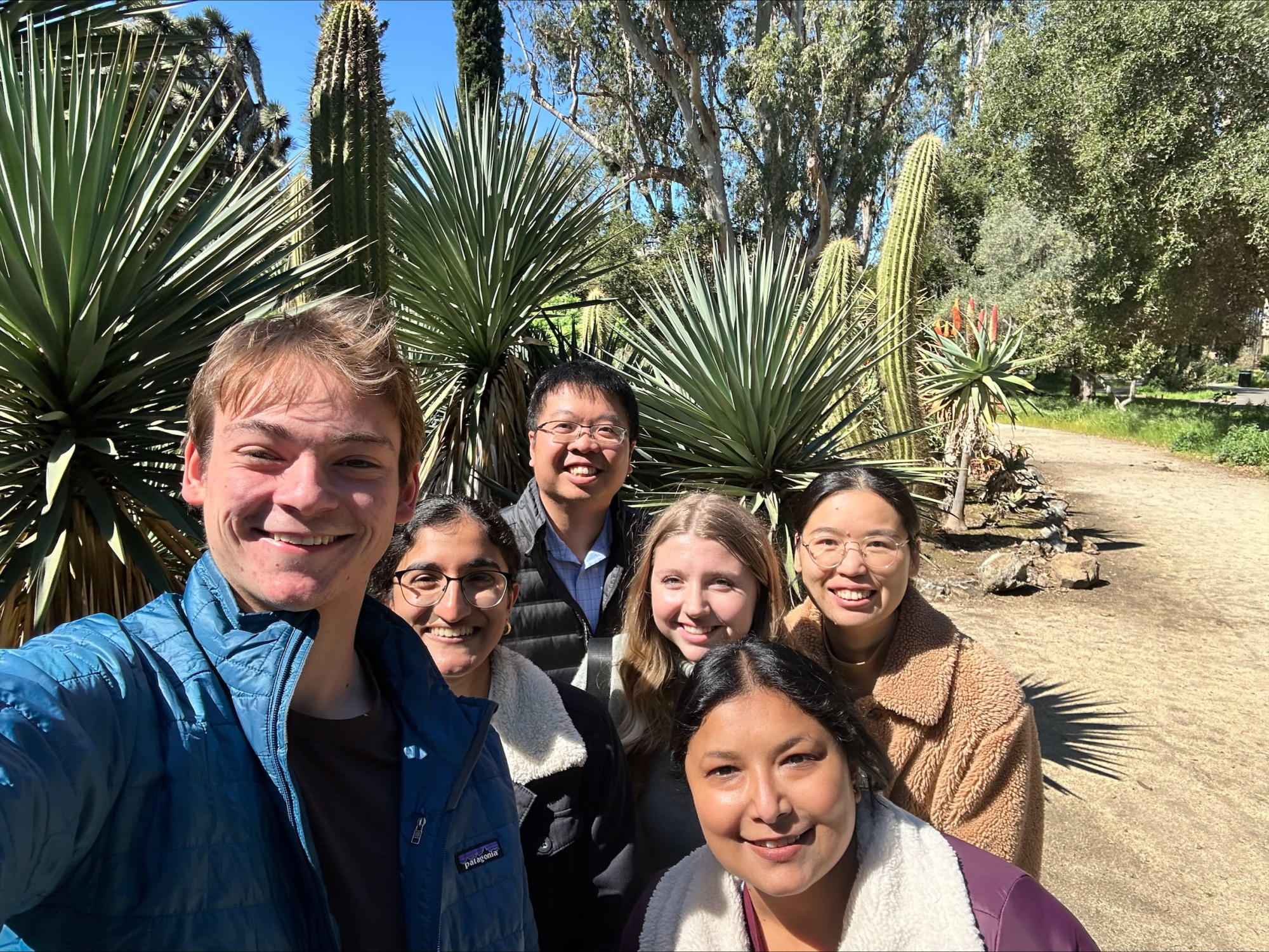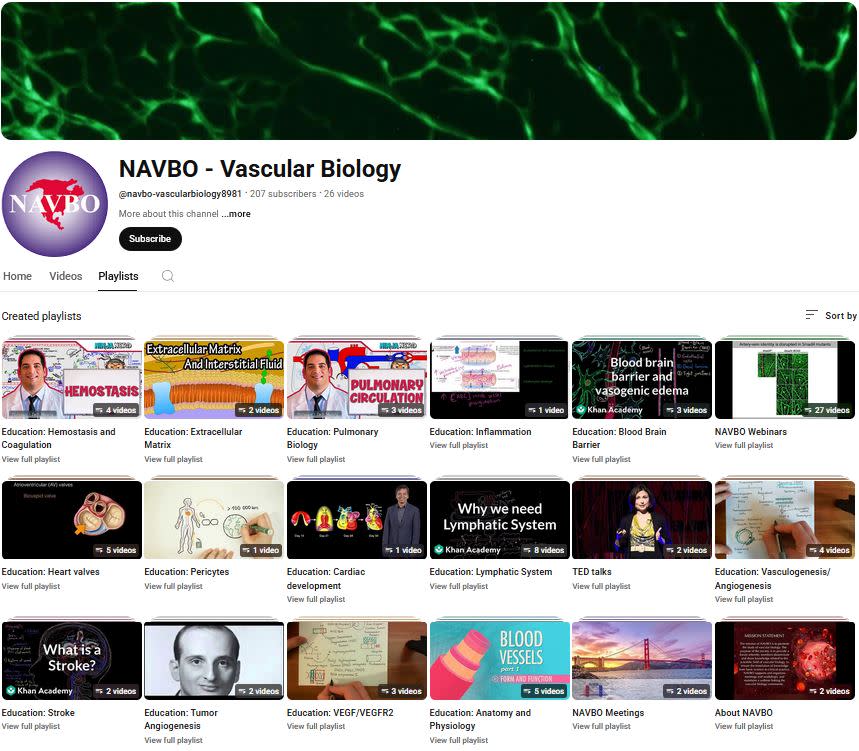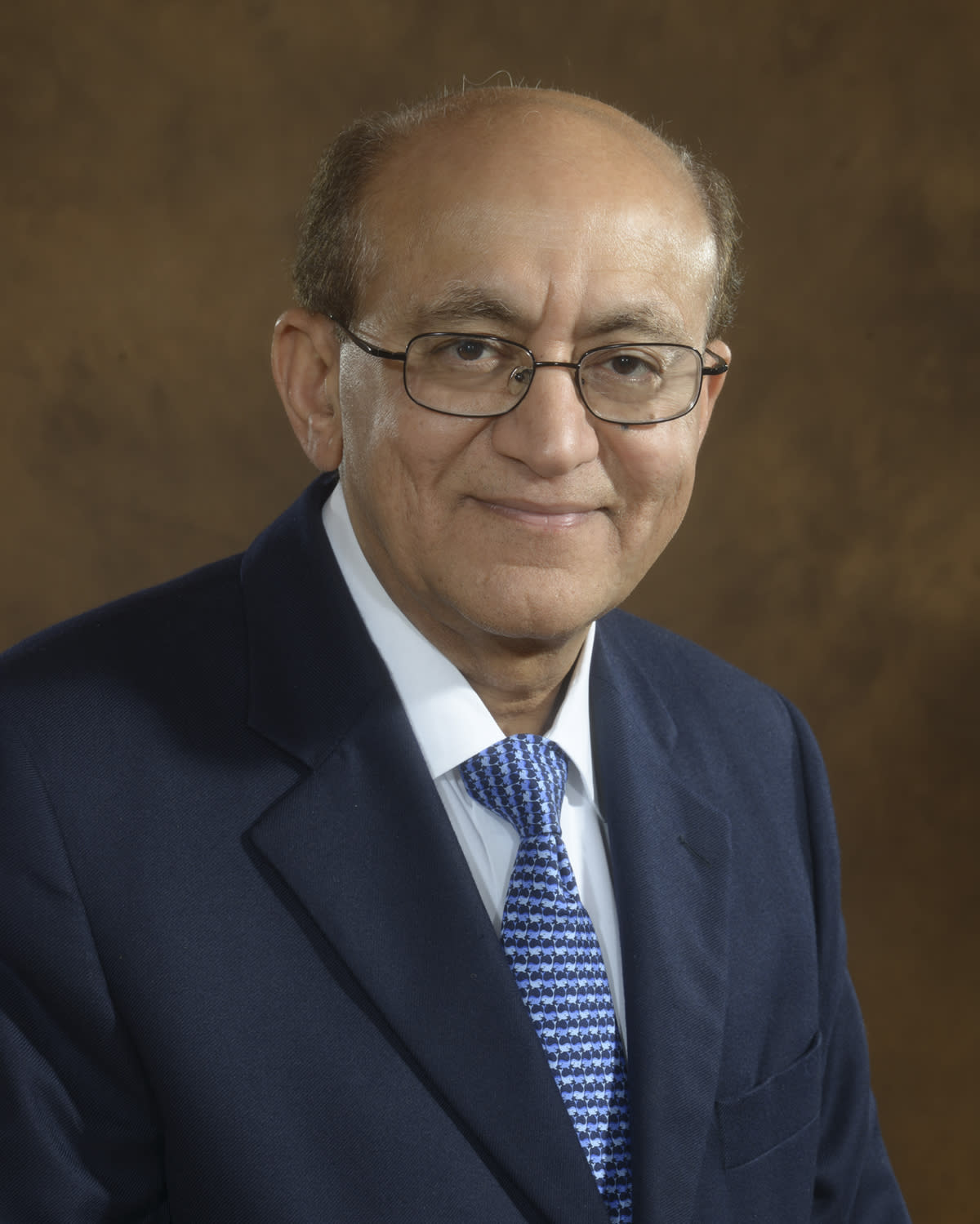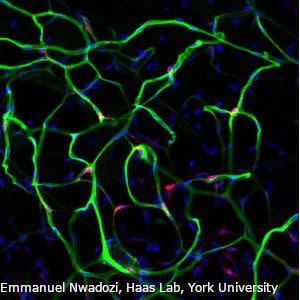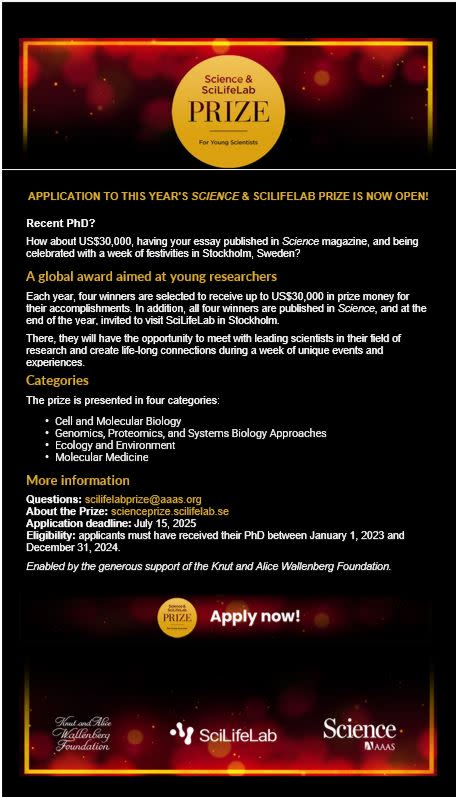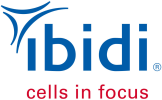|
View this Newsletter Online Visit the NAVBO Website |
|
|
|
|
April 2025 |
|
President's Message |
|
|
Jason Fish, PhD President, NAVBO
Helpful links: Contact information for US Congress Members More tools for Advocacy from Research!America |
|
|
NEW - Technology Workshop |
|
Aortic Remodeling and Thrombus Deposition in Murine Aneurysms and Dissections |
|
|
|
Join us on May 20 at 1:00pmET for NAVBO's first Technology Workshop featuring the Vevo F2 from FUJIFILM VisualSonics, Inc.
This workshop is free to all. To register, go to:
Our presenter is: Cortland Johns, PhD Candidate Physician-Engineer Trainee Purdue University |
|
|
|
|
NAVBO Conferences in 2025 |
|
|
|
Early bird registration deadline is April 14 - Register Now! |
|
|
|
Registration now open for Vasculata and Vascular Biology 2025!!! |
|
July 7-10, 2025 at the |
|
Vasculata abstracts due May 1 - Submit Your Abstract |
|
|
|
|
|
Save $$$ - register by 6/30 for Vascular Biology to get the Super Early Bird Discount! |
|
Lessons Learned |
|
|
Paul Cheng, Ph.D. I would like to express my gratitude to the NAVBO Education Committee for this opportunity to share my experiences as a junior independent PI. Science is a difficult but rewarding path and never has there been so much uncertainty in this worthy pursuit. During these uncertain times, I welcome the opportunity to reflect upon lessons learned, and most importantly to give thanks to those who lend me their friendship and support throughout this critical period. |
|
My name is Paul Cheng, and I am an Assistant Professor at Stanford University School of Medicine. I received undergraduate degrees at MIT, followed by MD/PhD at UCSF. I completed my PhD in the Deepak Srivastava lab at UCSF/Gladstone, studying regulation of cardiac progenitor cells during development. I completed an internal medicine residency, cardiology fellowship at Stanford, and postdoctoral training in the Thomas Quertermous lab focusing on genetics of atherosclerosis.
|
|
Lab of the Month |
|
|
Month - April 2025 The Lab of Dr. Paul Cheng This month we are highlighting the lab of Dr. Paul Cheng, Assistant Professor at Stanford University School of Medicine. Find out more about his lab by visiting his page in our Lab of the Month listing. |
|
Did You Know...? |
|
. . . that NAVBO has a YouTube Channel? Go to the channel (click here) and subscribe! |
|
|
Spotlight on Trainees |
|
Are the days of the US as a beacon for international grad students coming to an end? Liam Knox, writing in Inside Higher Ed, paints a sobering picture of the future of international students being able to pursue advanced degrees in the US. International students are a financial lifeline for many colleges, and enrollments are just recovering from the pandemic. In recent weeks, immigration officials have revoked student visas, raided dorm rooms, arrested green-card holders, and threatened to deport international students who participated in campus protests. Hundreds of millions of dollars have been cut from STEM-related research grants, which help fund many international graduate students’ studies. Institutions are now faced with thorny decisions on recruitment and admissions, not wanting to bring students on board without confidence of ongoing financial support. |
|
Member News |
|
Welcome to our New Members: Chou Chou, Weill Cornell Medicine Olivia Crawford, University of Connecticut Brenda Cruz-Gonzalez, University of Notre Dame Valentin Delobel, University of Virgnia Liam Flynn, Lewis Katz School of Medicine at Temple University Sara Gaines, University of Chicago Jacob Holter, The Ohio State University Ellie Johandes, University of Notre Dame Caden Johnson, South Dakota State University Donghyun Jeong, University of Notre Dame Keith Keane, Tulane University Ewa Kreft, University of Virginia, School of Medicine Brigitte Laforest, Pfizer Junghoon Lee, University of Arkansas for Medical Sciences (UAMS) Jing Liu, Vanderbilt University Medical Center Junya Matsuda, The Abigail Wexner Research Institute at Nationwide Children's Hospital Kailee Mendiola, University of Notre Dame Yaamini Mohan, University of Wolverhampton Anahita Mojiri, Houston Methodist Research Institute Daniel Montes Pinzon, University of Notre Dame Emily Mooers, Medical College of Wisconsin Natalia Obacz, University of Illinois, Chicago College of Medicine Juliana Parente, University of South Carolina, School of Medicine Guilherme Pedron Formigari, Oklahoma Medical Research Foundation Abbigail Price, University of South Florida Antonio Ribeiro Junior, Icahn School of Medicine at Mount Sinai Banzhan Ruan, University of Cincinnati Pritam Saha Podder, University of Arkansas for Medical Sciences (UAMS) Angela Taglione, University of Notre Dame |
|
|
|
|
Rakesh Jain receives lifetime Achievement Award from AACR Hearty congratulations to our vascular biology colleague Rakesh K. Jain, PhD, recipient of the 2025 Award for Lifetime Achievement in Cancer Research from the American Association for Cancer Research. Dr. Jain directs the Edwin L. Steele Laboratories for Tumor Biology in the Department of Radiation Oncology at Mass General and holds the Andrew Werk Cook Professorship of Radiation Oncology at Harvard Medical School. He is being recognized for his pioneering contributions to our understanding of the tumor microenvironment and its role in cancer progression and treatment. With characteristic |
|
foresight, NAVBO recognized Dr. Jain with its Earl P. Benditt Award in 2018. Well done Rakesh! |
|
Recent Member Publications |
|
Optimizing electrical field stimulation parameters reveals the maximum contractile function of human skeletal muscle microtissues Skeletal muscle microtissues are engineered to develop therapies for restoring muscle function in patients. However, optimal electrical field stimulation (EFS) parameters to evaluate the function of muscle microtissues remain unestablished. This study reports a protocol to optimize EFS parameters for eliciting contractile force of muscle microtissues cultured in micropost platforms. Read More
If you recently published a paper and would like to have it included in a future issue of the NAVBO NewsBEAT and/or on our web site. Please send the citation to membership@navbo.org |
|
Industry News |
|
NEB podcast honors infectious disease pioneer and NSF leader Dr. Rita Colwell, an internationally recognized expert on cholera and other infectious diseases, is celebrated in the latest Lessons from Lab and Life podcast, hosted by Lydia Morrison of New England Biolabs. Dr. Colwell was the first woman to become Director of the National Science Foundation, is a member of the U.S. National Academy of Sciences, and was awarded the National Medal of Science in 2006. During her tenure at NSF, she oversaw a substantial increase in funding, championed programs to promote science education, and worked to increase the representation of women in academic engineering and other scientific careers.
The promise and perils of artificial intelligence in health care A new report from the National Academies offers recommendations ways for the U.S. to reap the benefits of artificial intelligence in biotechnology while minimizing risks that AI may be misused to develop harmful biological agents. AI is touted as the ticket to an array of beneficial innovations in health care, including drug discovery and advanced diagnostics. However, concerns have been raised that AI-enabled biological tools could also be misused for harmful applications — such as designing a new biological agent with pandemic potential, or modifying an existing virus or bacterium to be more harmful or transmissible.
Enhancements to search features of the NIH RePORT database suite NIH has launched search tools to facilitate finding funding information for various NIH research areas. The new Research, Condition, and Disease Categorization (RCDC) Categorical Spending webpage seeks to enhance transparency and accountability into NIH funding decisions and the research areas NIH supports. RCDC, launched in 2008 within NIH’s Research Portfolio Online Reporting Tools (RePORT) suite, provides estimates of annual support level for more than 300 research, condition, and disease categories based on grants, contracts, and other funding mechanisms used across the NIH. The recent changes aim to improve usability and understanding of the RCDC categorization process. |
|
Survey Conference Expectations |
|
A thorough understanding of attendees and their specific needs is crucial for designing conferences that are both relevant and effective. Thus, in summer 2024, an independent survey on researchers’ perceptions of and expectations towards scientific conferences was conducted. The survey was distributed to the NAVBO community through the newsletter, and you might have participated in it.
Survey participants considered scientific conferences useful and important. In particular, participants expected to explore research objectives and network at their next planned conference. Participants’ expectations of what to gain at their next planned conference largely did not differ between conference formats. The only exception were participants’ networking expectations, as virtual participants had lower expectations to network than in-person participants. See the full results here. |
|
Call for Papers |
|
|
Frontiers In Cardiovascular Medicine Research Topic: Advances in Vascular Malformations: From Molecular and Cellular Mechanisms to Clinical Therapies and Management Topic Editors: Jennifer Fang, Elisa Boscolo, Miguel Lopez-Ramirez, Alexandre Dubrac NAVBO is sponsoring this Research Topic through our partnership with Frontiers in Cardiovascular Medicine. Vascular malformations refer to a wide range of structural abnormalities that can affect all vessel types in the blood and vascular lymphatic trees – including arteries, capillaries, and veins. Vascular malformation diseases can be inherited or can occur spontaneously; however, in all cases, resulting vascular lesions can significantly compromise cardiovascular and organ function and reduce patient quality-of-life. In this Research Topic, we aim to gather contributions from scientists and clinicians to share recent advances in our understanding of the biology and treatment of vascular malformations. Ultimately, our goal is to accelerate the development of new therapeutic treatments for patients with vascular malformations affecting blood or lymphatic vessels. Specific areas of interest are listed on the webpage: The deadline for manuscript submission is October 16, 2025. If you are interested in participating in this Topic, we encourage you to consider submitting a proposed manuscript summary by June 28, 2025.
|
|
|
|
|
The collection focuses on phenotypic transitioning of vascular and immune cells, such as endothelial-to-mesenchymal transitions with specific emphasis on the role of immune and inflammatory responses in vascular remodeling, genetic and epigenetic factors, environmental and lifestyle factors, personalized medicine approaches and the interplay between biomechanical forces and endothelial health in vascular remodeling. Editors: Drs. Laena Pernomian (University of South Carolina) and Vanessa de Fátima Borges (Cedars Sinai Medical Center, Los Angeles). Submission deadline: March 12, 2025. |
|
|
|
cThe collection examines the interplay between perivascular adipose tissue (PVAT) and vascular endothelium, particularly in the context of energy imbalance, PVAT's secretome and mechanical properties. The potential of PVAT as a therapeutic target and/or a source of diagnostic biomarkers for cardiovascular diseases are also of particular interest. Editors: Drs. Eduardo Nava (University of Castilla-La Mancha, Ciudad Real, Spain), Maria Andreia Delbin (State University of Campinas, Campinas, Brazil), Ning Xia (Johannes Gutenberg University Mainz, Mainz, Germany) and Stephanie Watts (Michigan State University, East Lansing, USA). Submission deadline: May 30, 2025. https://www.frontiersin.org/research-topics/65161 |
|
|
|
|
|
BMC Biology is calling for submissions to theirr Collection on vasculogenesis and angiogenesis in vivo and in vitro. This Collection aims to bring together cutting-edge research that explores the cell and molecular mechanisms and therapeutic applications of blood vessel formation in health and disease. Tara Haas, York University, is one of the guest editors. Deadline for submission is August 22, 2025. Download the flyer for more information.
|
|
NAVBO Corporate Partners |
|
NAVBO Corporate Members |
|
Calendar of Events |
|
|
Job Postings |
|
|
|
|
North American Vascular Biology Organization |


